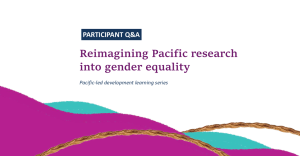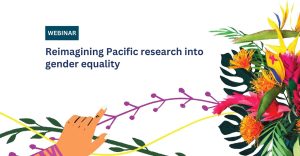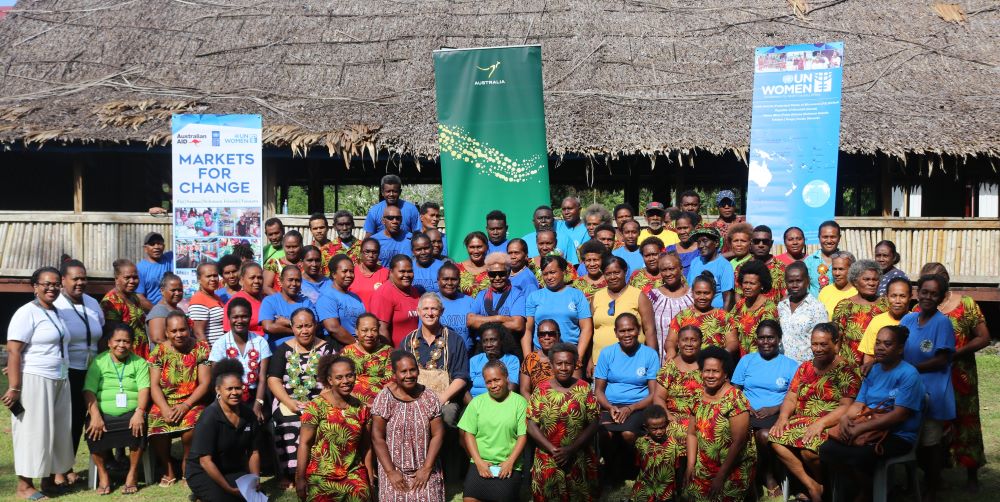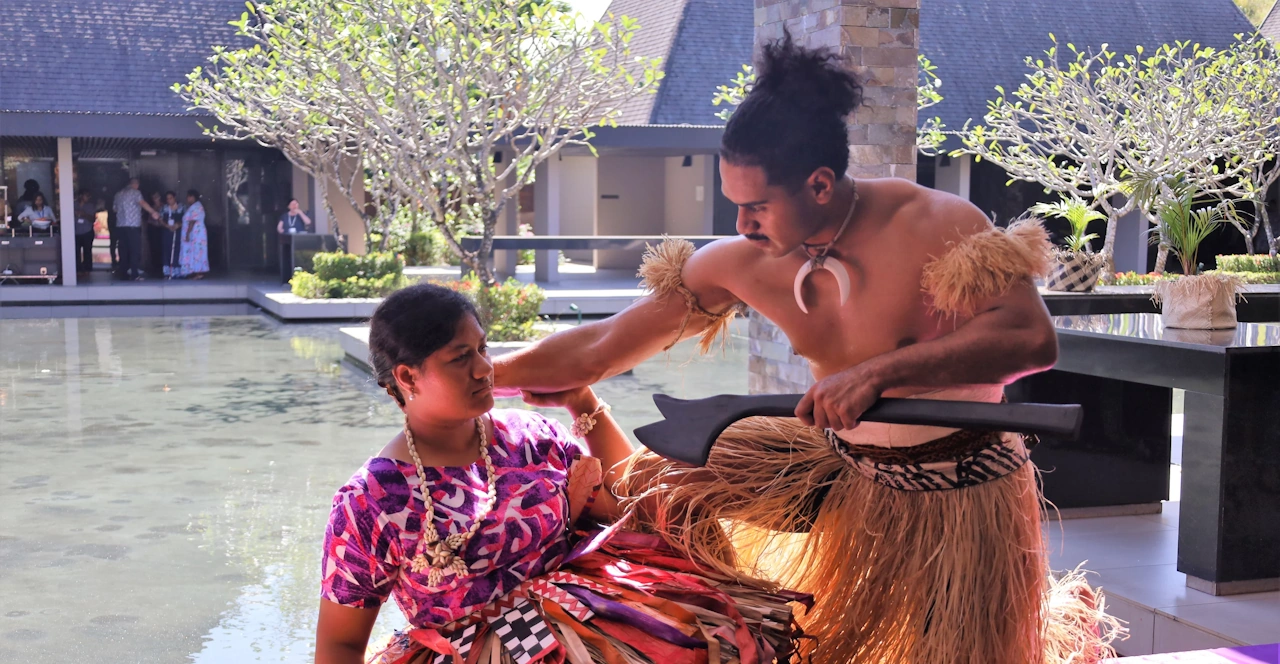Telephone counselling offers an improved lifeline for women survivors of family violence
11 November 2022Thirty-seven counsellors and safe house service providers in Papua New Guinea (PNG) can now better provide (GBV) telephone counselling services to women and girl survivors of family violence after a week-long skills training on telephone counselling , led by the 1-Tok Kaunselin Helpim Lain and the Papua New Guinea Counselling Association (PNGCA).
The gender-based violence training, which includes family violence and domestic violence, was developed and supported by the Pacific Women Lead at the Pacific Community (PWL at SPC) programme, funded by the Australian Government.
“The need to have qualified GBV telephone counsellors is significant in PNG because the services to support women and girls are fragmented, and survivors have limited access to face-to-face counselling,” said 1-Tok Kaunselin Helpim Lain – Helpline Manager, Kinime Daniel.
“After this training we will be conducting much more effective counselling and telephone counselling compared to before,” said Monica Richards, training participant and Manager of City Mission Haus Ruth Safe House.
The training brought together telephone counsellors and safe house service providers from Papua New Guinea’s Lifeline, safe houses, Family and Sexual Violence Action Committee, Family Support Centre, 1-Tok Kaunselin Helpim Lain, GBV community respondents, and faith-based organisations. Twenty-eight women and nine men participated in the training.
The 1-Tok Kaunselin Helpim Lain is a partnership between ChildFund and Family and Sexual Violence Action Committee (FSVAC) and is supported by the New Zealand Aid Programme.
The Papua New Guinea Counselling Association (PNGCA) was initiated and is fully supported by the Family and Sexual Violence Action Committee (FSVAC) which is a Sectorial Committee of the Consultative Implementation and Monitoring Council (CIMC), a government entity bringing together private and public sectors into policy planning coordination.
“As a participant from the government, I coordinate service providers in relation to GBV and I am happy with the counsellors who are participating as this training on GBV telephone counselling. It is one of a kind,” said Aigio Ula training participant and GBV Case Coordinator from National Capital District Commission.
“This is a milestone for us as service providers and this training has helped us identify loopholes within the referral network that we need to build on and strengthen,” said Board Adviser of the PNG Counselling Association, Ume Wainetti.
The training was delivered using the PWL at SPC programme’s Telephone Counselling for Gender Based Violence (GBV) Survivors: A Pacific Toolkit. The Toolkit assists trainers to develop the skills of GBV telephone counselling.
The PNG skills training in gender-based violence (GBV) telephone counselling supports recommendations from the 3rd Annual Meeting of the Regional Working Group on the Family Protection/ Domestic Violence Legislation (RWG) on counselling.
Media contacts:
Vilimaina Naqelevuki, Communications Assistant, Pacific Women Lead (PWL) at the Pacific Community (SPC) programme | [email protected]
Jacqui Berrell, Communications Adviser, Pacific Women Lead (PWL) at the Pacific Community (SPC) programme | [email protected]
For general media enquiries, please contact [email protected].
About SPC:
The Pacific Community has been supporting sustainable development in the Pacific, through science, knowledge and innovation since 1947. It is the principal intergovernmental organisation in the region, owned and governed by its 27 member countries and territories. www.spc.int
Follow SPC News | Facebook | Twitter | LinkedIn | Instagram | YouTube and subscribe to SPC’s Newsletter
About PWL:
One of the largest global commitments to gender equality, Pacific Women Lead aims to promote women’s leadership, realise women’s rights, and increase the effectiveness of regional gender equality efforts. The PWL goal is that ‘Pacific Women and girls, in all their diversity are safe and equitably share in resources, opportunities and decisions making, with men and boys’. The programme focuses on: women’s leadership, women’s rights (women’s health, including sexual and reproductive health, women’s economic empowerment), and regional gender equality efforts.
Division
Human Rights and Social Development
Countries
Papua New Guinea



